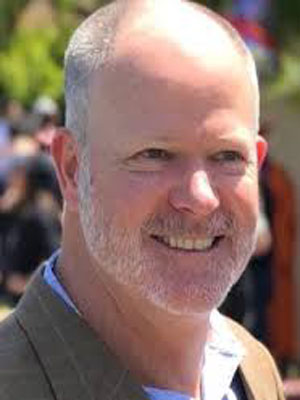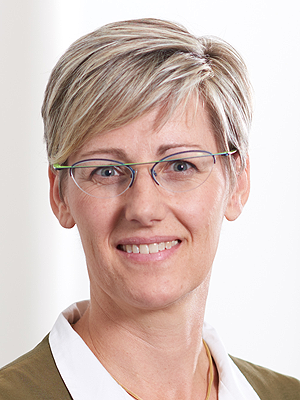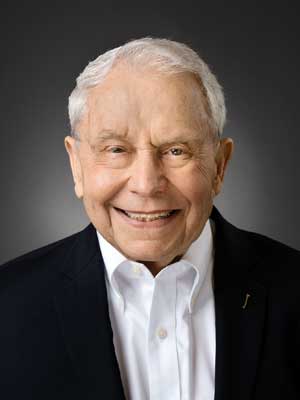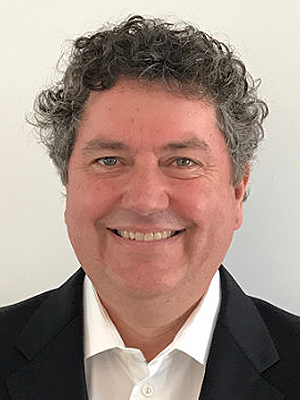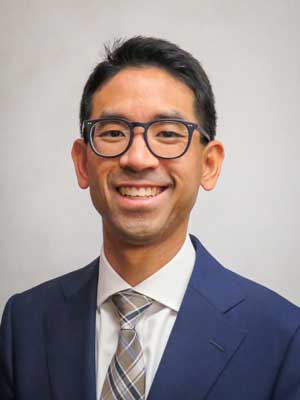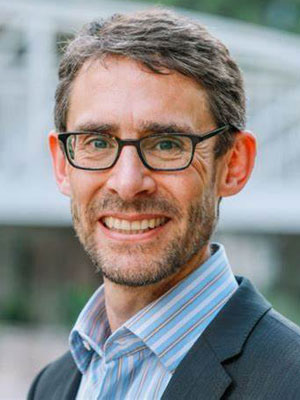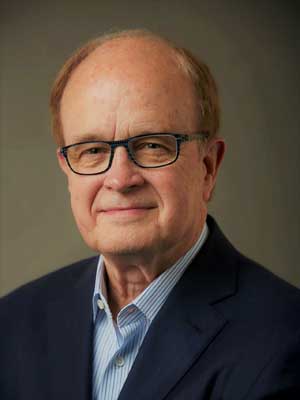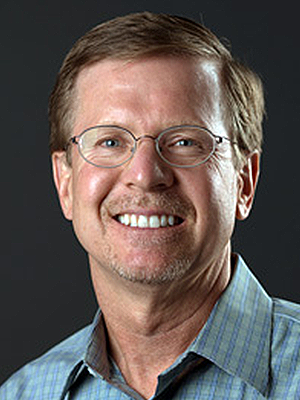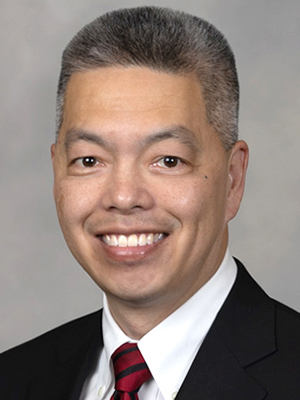
Founder & Member, Board of Directors

Bill Loo is a physician-scientist Radiation Oncologist and Bioengineer, serving as Director of Thoracic Radiation Oncology and Director of New Technologies in Radiation Oncology at Stanford Cancer Institute. His clinical expertise is in state-of-the-art radiation therapy for lung/thoracic cancers, including stereotactic ablative radiotherapy (SABR) and 4-D image-guided radiation therapy. He is an internationally recognized expert on thoracic cancers and radiation therapy and serves on expert panels of the National Comprehensive Cancer Network that produces among the most widely adopted clinical practice guidelines for cancer. His clinical research is in clinical trials and implementation of new treatment techniques for lung cancer and development of new medical imaging and other biomarkers. He is principal investigator of a research lab recognized as a global leader in the biology of ultra-rapid FLASH radiation and development of next generation radiation technologies to deliver FLASH. He conceived of the revolutionary PHASER concept for radiation therapy and serves as co-leader of its research and development. Bill received his MD from University of California, Davis and his PhD in Bioengineering from University of California, San Francisco and Berkeley. He completed his Radiation Oncology residency training at Stanford University where he is now Professor of Radiation Oncology. He is certified by the American Board of Radiology in Radiation Oncology, and is a Fellow of the American Society for Radiation Oncology (ASTRO) and a Fellow of the American College of Radiology (ACR).
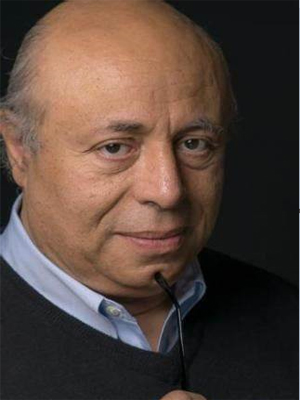
CTO, Founder & Member, Board of Directors
Sami Tantawi is a Professor of Physics at Arizona State University, and Emeritus Professor of Astrophysics and Particle Physics at Stanford University and SLAC National Accelerator Laboratory, where he was the Chief Scientist in the Technology & Innovation Directorate leading the RF accelerator and source R&D efforts at SLAC. He has been working on accelerators and RF technology for most of his career in both technical and leadership roles. Through his work, there is a better understanding of RF breakdown processes. This has led to novel ways of optimizing linear accelerator design and will lead to the operation of highly efficient, higher gradient compact linacs. Sami received his PhD in Electrical Engineering from the University of Maryland. He was awarded the US Particle Accelerator School Prize for achievements in Accelerator Physics and Technology in 2003.

Founder & Member, Board of Directors

Peter Maxim is a medical physicist and biophysicist, and is Professor and Vice Chair of Radiation Oncology (Medical Physics) at the University of California, Irvine. His vision is the development of advanced, curative radiation therapy for all types and stages of malignancies and new indications, such as cardiovascular illnesses, that will lead to increased survival worldwide from top cancer and non-cancer causes of mortality. His areas of emphasis are stereotactic ablative radiation therapy (SABR), four-dimensional computed tomography (4D CT), and the development of novel and safe radiation therapy that addresses the major technical challenge of accurately and precisely treating moving targets and anatomy. Peter is active in the area of ultra-rapid FLASH radiation and the development of next-generation radiation technologies to deliver FLASH. He was formerly on the faculty of Radiation Oncology at Stanford where he co-invented the PHASER technology.
Peter received his Dipl. Phys. (M.Sc.) from the Technical University, Berlin, Germany, and his Dr. rer. nat. (Ph.D.) from Humboldt University, Berlin, Germany. He is certified by the American Board of Radiology in Therapeutic Radiologic Physics.


